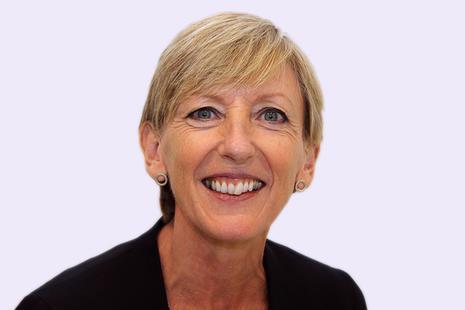The Regulator of Social Housing reveals findings from its annual consumer regulations review
The Regulator of Social Housing identified nine social landlords who did not meet the consumer standards in 2023-24, all of which were local authorities.

The regulator has emphasised that all tenants deserve to live in a safe, good-quality home “regardless of who their landlord is”.
Following its return to a proactive regulatory approach and the introduction of four new consumer standards in April this year, the regulator highlighted that though the consumer standards have changed, the learning still applies, emphasising that there are “important lessons” for social landlords in its newly published 2023-24 consumer regulation review.
For example, the regulator found instances where landlords failed to meet the Safety and Quality Standard, which has replaced the Home Standard. In each case, this failure also included non-compliance with legal health and safety obligations.
>> See also: Ombudsman and Regulator of Social Housing set out how they will work together
>> See also: Regulator upgrades Nottingham-based housing association’s governance grading
The RSH identified landlords that had not completed the required fire, gas, electrical, asbestos and water safety assessments. It also found landlords who could not provide assurance that all required homes had smoke alarms and carbon monoxide detectors, which became a requirement in October 2022.
In a number of the cases, the regulator said it found that required fire risk assessments had been completed, but the remedial actions identified in the assessments had not been completed within the timescales specified, including actions which had been designated as high-risk.
The new consumer standards are the safety and quality standard, which replaced the Home Standard, the Transparency, Influence and Accountability Standard (previously the Tenant Involvement and Empowerment Standard), the Tenancy Standard and the Neighbourhood and Community Standard.
The review highlights that once landlords have completed safety testing and assessments, they must also carry out remedial actions to rectify issues, remove risks and keep tenants safe.
The regulator gives examples of the Camden Council, Kirklees Metropolitan Borough Council and Woking Borough Council, stating that each of the local authorities had a high number of actions from fire risk assessments which had not been completed in a timely way.
In 2023-24, the regulator received 986 referrals, marking a 5% increase from the previous year’s 940 referrals.
The review highlights the importance of landlords referring themselves to the RSH when they find a problem, stating ”we expect landlords to be open and transparent with us by making a self-referral at the earliest opportunity”.
Last year, 16% of self-referrals came from registered providers and 3% came from local authorities. The majority of referrals came from individual tenants (58%).
The RSH reported receiving relatively few referrals relating to the Neighbourhood and Community Standard and found no instances of landlords failing to meet this standard in the past year.
>> See also: Ombudsman and Regulator of Social Housing set out how they will work together
>> See also: Regulator upgrades Nottingham-based housing association’s governance grading
>> See also: Evolution or revolution? What new consumer standards mean for RPs
Similarly, for the Tenancy Standard, the RSH noted a low number of referrals and found no cases where its requirements were not met in 2023-24.
Fiona MacGregor, chief executive at the Regulator of Social Housing, said: “Landlords must take their responsibilities seriously and provide safe and decent homes for their tenants, and treat them with fairness and respect. As the cases in this review show, some landlords have failed to do this.
“We have now started our proactive regulation of the consumer standards, including our programme of inspections, which will help to drive landlords to deliver long-term improvements. All landlords should consider the important lessons in this report as part of their ongoing work to improve tenants’ homes and services.











No comments yet